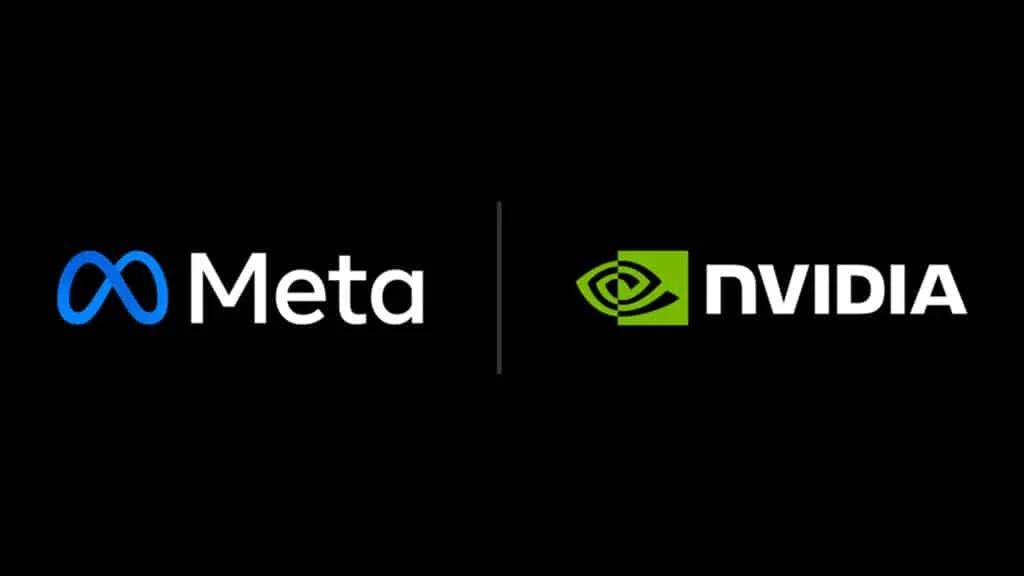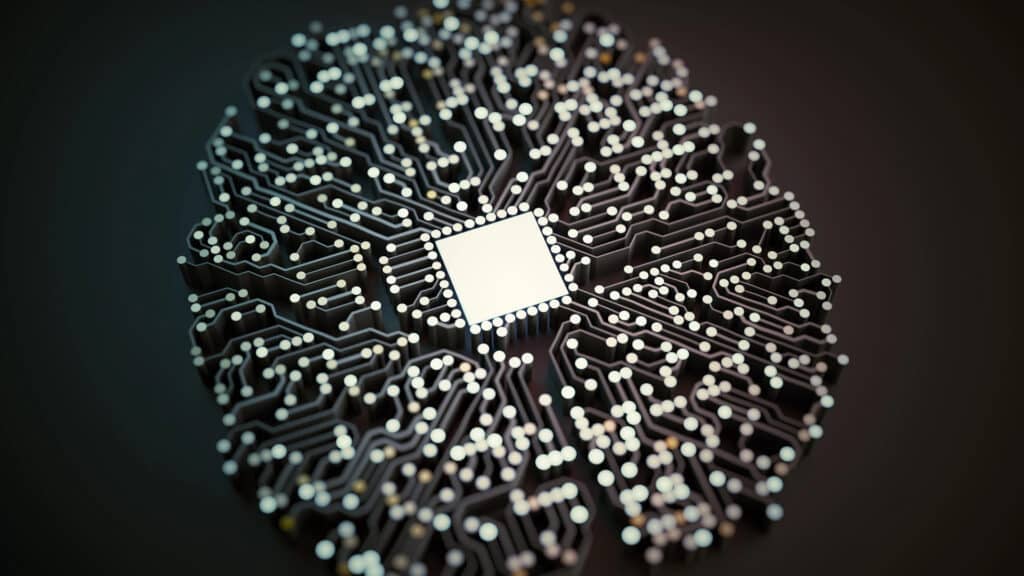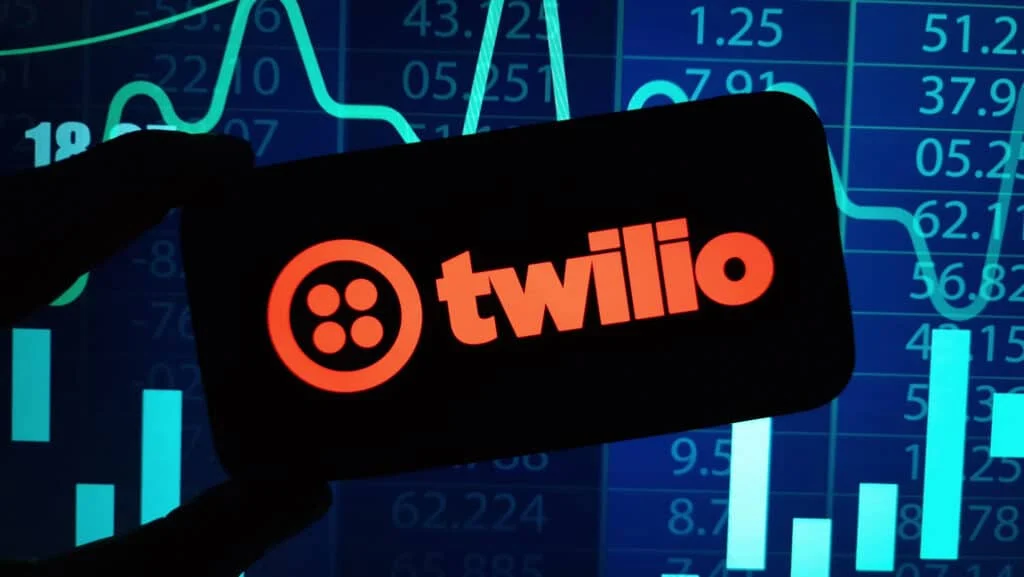The News: Google geared up for its annual Google I/O developer conference with a spotlight on AI advancements. For further details on the event, head over here.
Why AI Innovations from Google I/O 2024 Matter
Analyst Take: There were many anticipated announcements from Google I/O 2024 including showcasing a significant focus on advancing artificial intelligence (AI) capabilities across its platforms. The upcoming iteration of Google’s AI model, Gemini, promises improved screen understanding, integrated features in Chrome, and rapid itinerary creation. Additionally, Android will feature AI-powered scam call detection, while Gemini will seamlessly integrate with Calendar, Tasks, and Keep. Project Astra represents Google’s future AI endeavors, while Gmail on smartphones will see enhanced AI integration with Gemini. Furthermore, Google is revamping its search engine with AI at its core, and Gemini AI will extend to various Google products’ sidebars. A new voice mode and an assistant called Ask Photos’ for Google Photos highlight further AI advancements. These announcements underscore Google’s commitment to AI innovation, as highlighted in the Google I/O 2024 event.
Demis Hassabis, CEO of Google’s DeepMind, made his debut appearance at the Google I/O developer conference. In addition to discussing the team’s latest AI tools such as the Veo video generator, he introduced the upgraded SynthID watermark imprinting system. This enhanced system can effectively mark digitally generated video content as well as AI-generated text.
Google’s Gemini AI model family introduced a suite of groundbreaking updates aimed at enhancing performance, efficiency, and versatility. Among these updates are the introduction of the 1.5 Flash model, designed for optimal speed and efficiency with an extended context window, and significant improvements to the 1.5 Pro model, enhancing its capabilities across various tasks including code generation, logical reasoning, and multi-turn conversations. Gemini Nano expands its horizons by understanding not only text inputs but also images, marking a significant step forward in its versatility.
Additionally, Google unveiled Gemma 2, the next generation of open models boasting breakthrough performance and efficiency. Alongside, Project Astra envisions the future of AI assistants, aiming to develop universal AI agents to assist in everyday tasks. These updates, coupled with advancements in Google Cloud’s infrastructure such as the Trillium TPU, showcase Google’s commitment to pushing the boundaries of AI technology and making significant strides in improving user experiences across multiple domains, from productivity tools to search functionalities and generative media capabilities.
But clearly the main focus is on AI. The prevalence of AI in an industry that is marked by rapid technical progress indicates a fundamental change in the way things are executed. With shifting demands of consumers and the growing adoption of digital transformation in various industries, there is a significant increase in the need for solutions powered by AI. Google’s emphasis on AI during I/O demonstrates a wider industry movement toward leveraging advanced technology to stimulate innovation and achieve a competitive edge.
Google’s AI activities have wide-ranging impacts that go beyond specific products and have an influence on the overall direction of the market. Google aims to revolutionize user experiences and set new benchmarks for functionality and convenience by incorporating AI features into services such as Search and Maps. This collective effort to democratize AI empowers developers to create compelling applications that connect with people and drive their direct involvement.
In the middle of the variable technical environment, developers encounter many challenges in fully utilizing the capabilities of AI. The process of integrating AI involves overcoming obstacles such as understanding intricate algorithms and maximizing the efficient use of resources. Nevertheless, with Google’s dedication to offering powerful AI tools and resources, developers have the necessary means to overcome these obstacles and discover new avenues for creativity and growth.
Google’s focus on AI during I/O indicates that developers will have a crucial role in defining future technological advancements. Google enables developers to expand the limits of what can be achieved by creating an atmosphere of collaboration and offering developers access to advanced AI technologies. With the ongoing integration of AI into all areas of our digital existence, developers are positioned to spearhead the movement toward a smarter and more interconnected future.
Looking Ahead
With the approach of Google I/O, excitement grows for the revolutionary influence of AI on the market. There is a lot of anticipation for Google to reveal new AI applications and showcase how these advancements could impact industries and user experiences. Google’s developments in AI are expected to have a significant impact on the market, leading to increased use of AI technology in various industries. This will drive innovation and significantly alter the nature of business on a global scale.
Disclosure: The Futurum Group is a research and advisory firm that engages or has engaged in research, analysis, and advisory services with many technology companies, including those mentioned in this article. The author does not hold any equity positions with any company mentioned in this article.
Analysis and opinions expressed herein are specific to the analyst individually and data and other information that might have been provided for validation, not those of The Futurum Group as a whole.
Other Insights from The Futurum Group:
Navigating the AI-Fueled Future: Insights from Google Cloud Next ’24
The Impacts of Google’s Data Cloud Announcements at Google Cloud Next








